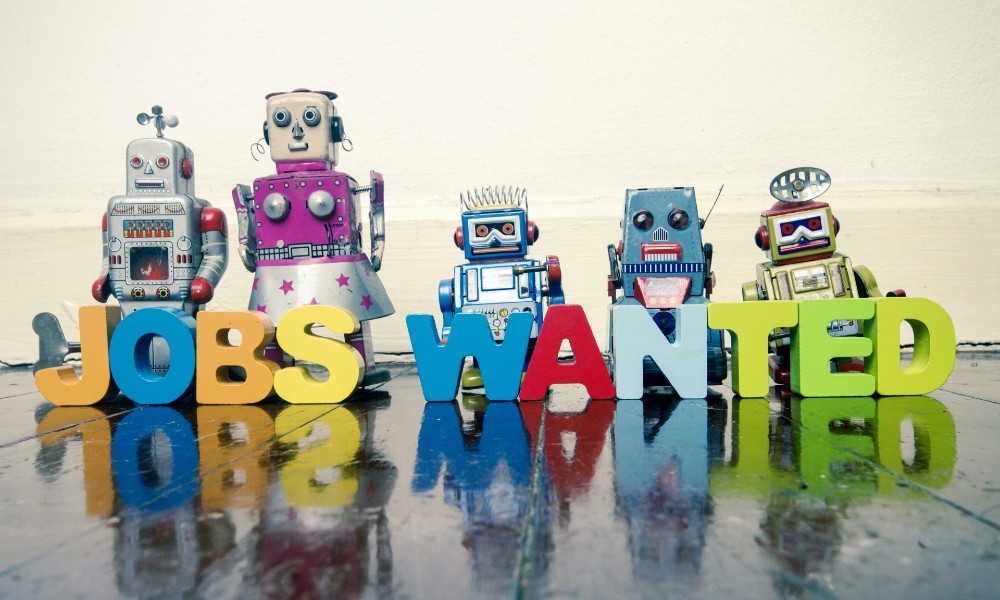
A new study on robotics, AI and automation indicates that robots in the U.S. workforce could dramatically increase income inequality. The study also found that the impact of robots will largely depend on the industry and region they are being deployed in.
The paper "Robots and Jobs: Evidence from U.S. Labor Markets" was co-authored by Daron Acemoglu, an MIT economist, and Pascual Restrepo, an assistant professor of economics at Boston University. The researchers analyzed data from 19 different industries, compiled by the International Federation of Robotics (IFR). That data was combined with additional statistics from the U.S. Census Bureau, the Bureau of Economic Analysis and the Bureau of Labor Statistics.
They found that between 1990 and 2007, the addition of one robot per 1,000 workers reduced the national employment-to-population ratio by around 0.3 percent. That means an average of 3.3 workers in the US were replaced for each robot added in the manufacturing sector. Some areas of the country were more greatly affected than others.
“We find fairly major negative employment effects,” said Acemoglu, of robots being added to the workforce. He added that the impact could be overstated, however. “We find negative wage effects, that workers are losing in terms of real wages in more affected areas, because robots are pretty good at competing against them.”
The researchers found that during the time period studied, wages were lowered by approximately 0.4 percent because of the increased use of robots in the workplace. They analyzed 722 commuting zones in the continental US and found dramatic differences in the usage and impact of robots based on location.
The automobile industry was one of top sectors impacted by robot use, with Detroit, Lansing and Saginaw experiencing some of the biggest economic impacts. According to the study, each robot replaced around 6.6 jobs in the commuting zones analyzed. But the research also indicated that when robots are added in the manufacturing sector, other industries and regions benefit due to lower cost of goods and other factors. Those variables led the researchers to conclude that one robot replaced an average of 3.3 jobs.
Income inequality was another direct result of introducing robots to the workforce. The researchers found that this was because other good employment opportunities are often scarce in the geographic regions where robots are introduced.
The study also found that the US lags behind Europe when it comes to robot deployment. In the time period studies, Europe introduced 1.6 robots per 1,000 workers compared to one robot per 1,000 workers in the US.
“There are major distributional implications,” said Acemoglu. “The burden falls on the low-skill and especially middle-skill workers. That’s really an important part of our overall research [on robots], that automation actually is a much bigger part of the technological factors that have contributed to rising inequality over the last 30 years. It certainly won’t give any support to those who think robots are going to take all of our jobs. But it does imply that automation is a real force to be grappled with.”
To provide additional information and discussion about how robotics, AI and automation are impacting and will impact the workforce, TMC is hosting a Future of Work Expo from June 22-25, 2021 at the Miami Beach Convention Center. The event will examine how robots and supercomputing are changing the workforce and the global information economy as we know it, with applications in a huge variety of industries and markets.
Edited by
Maurice Nagle